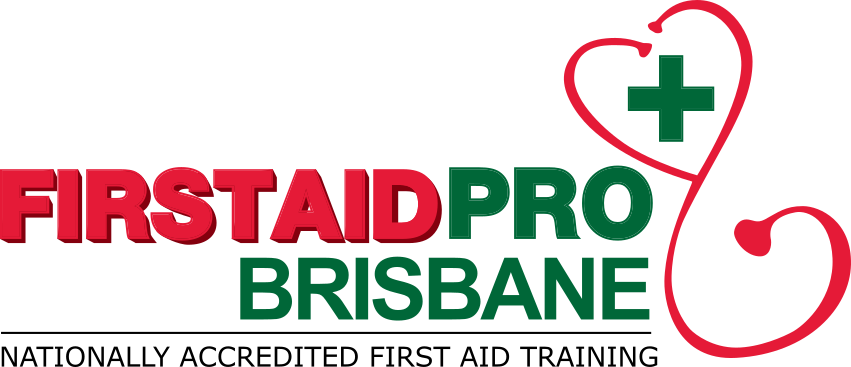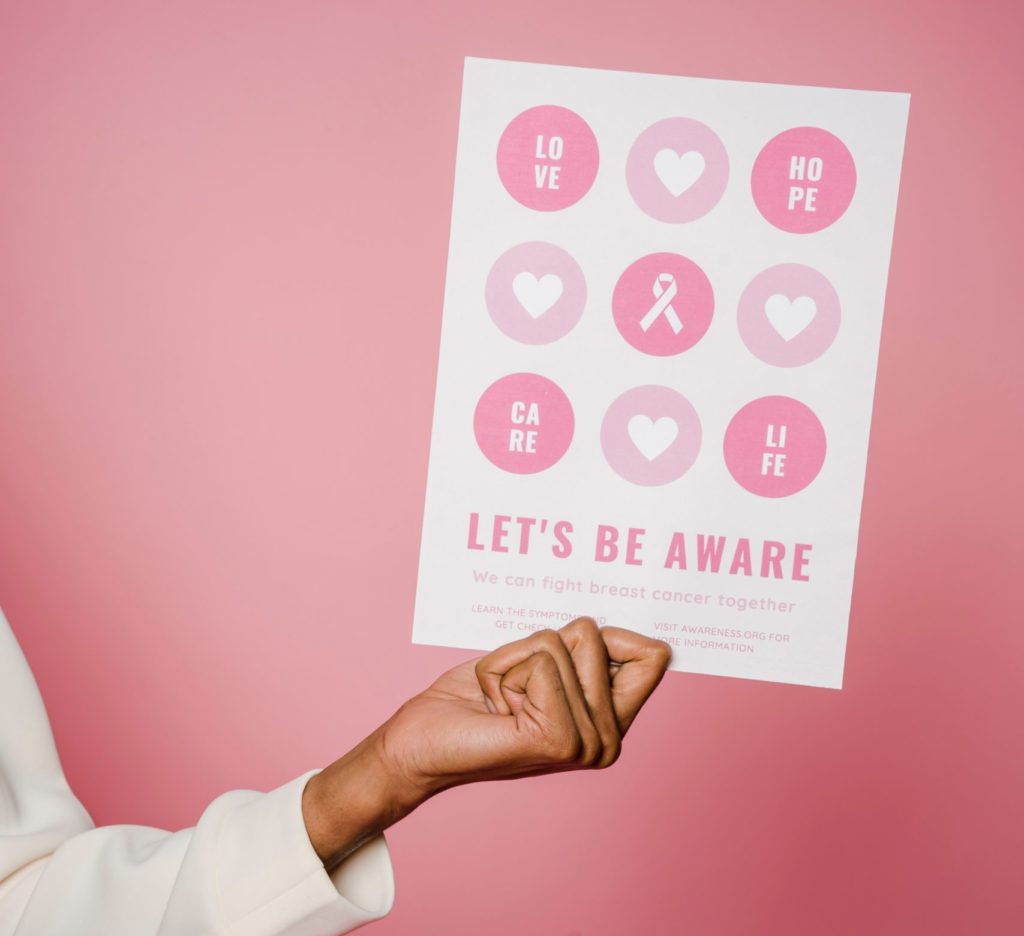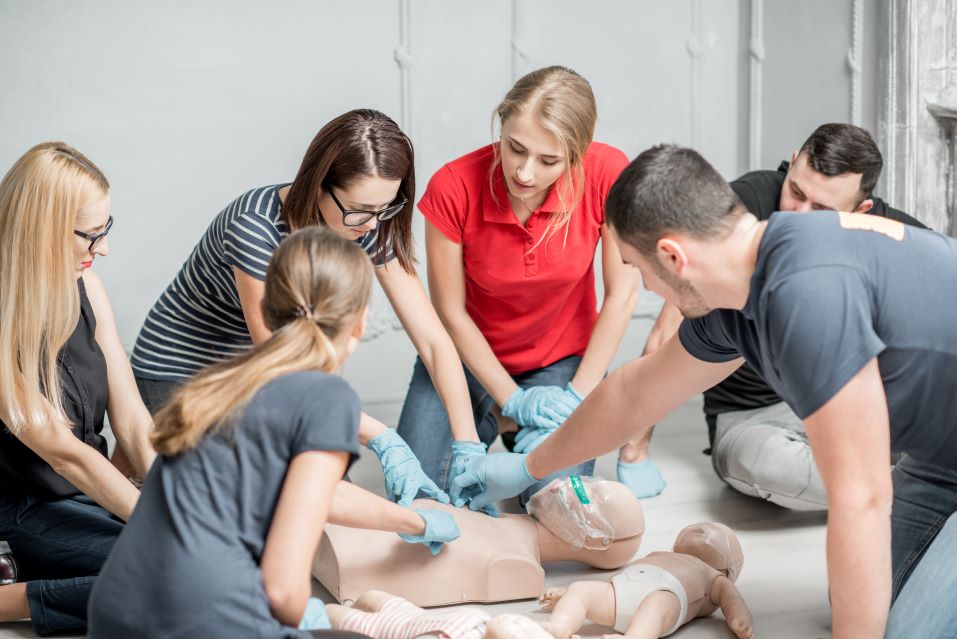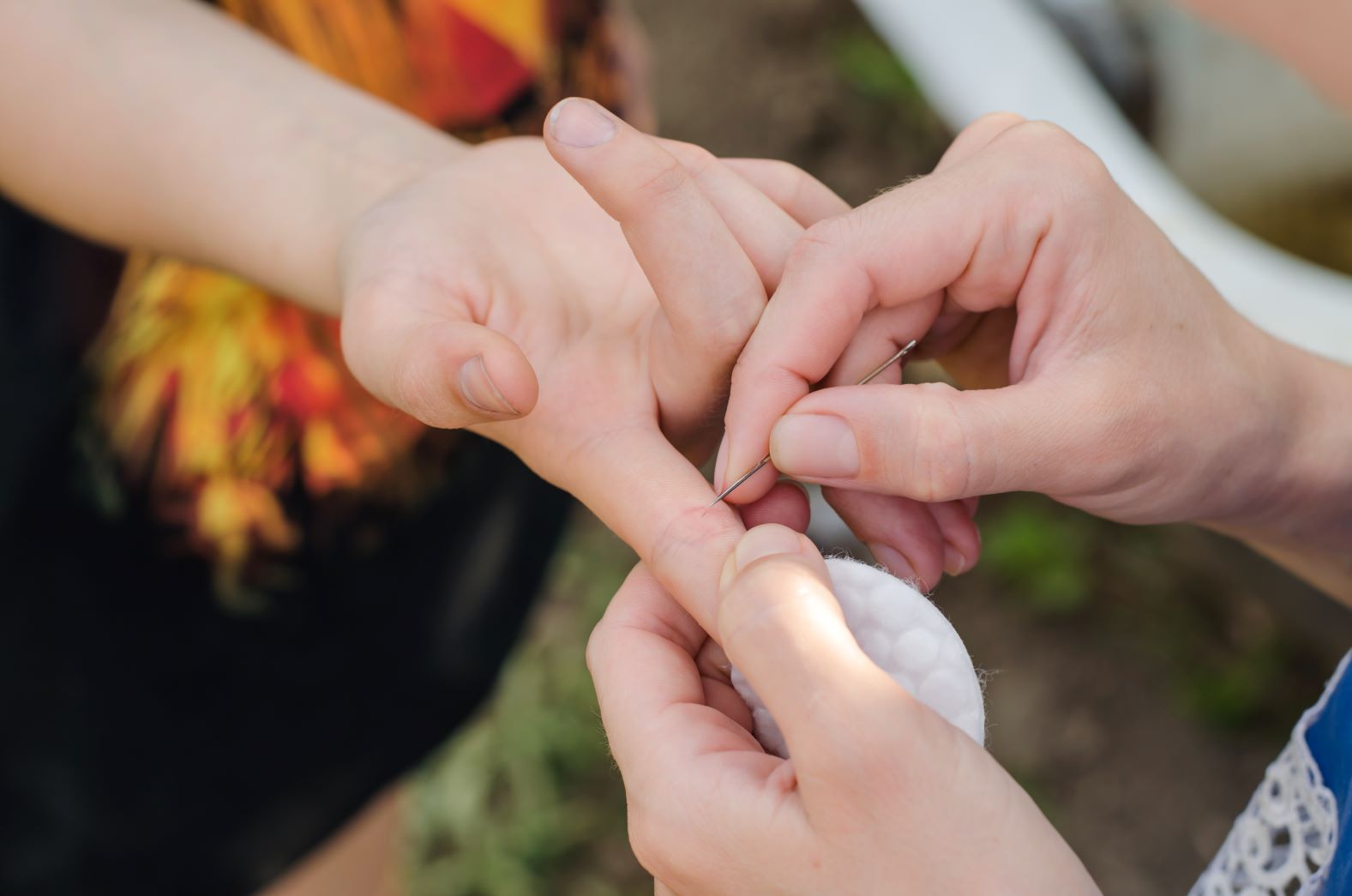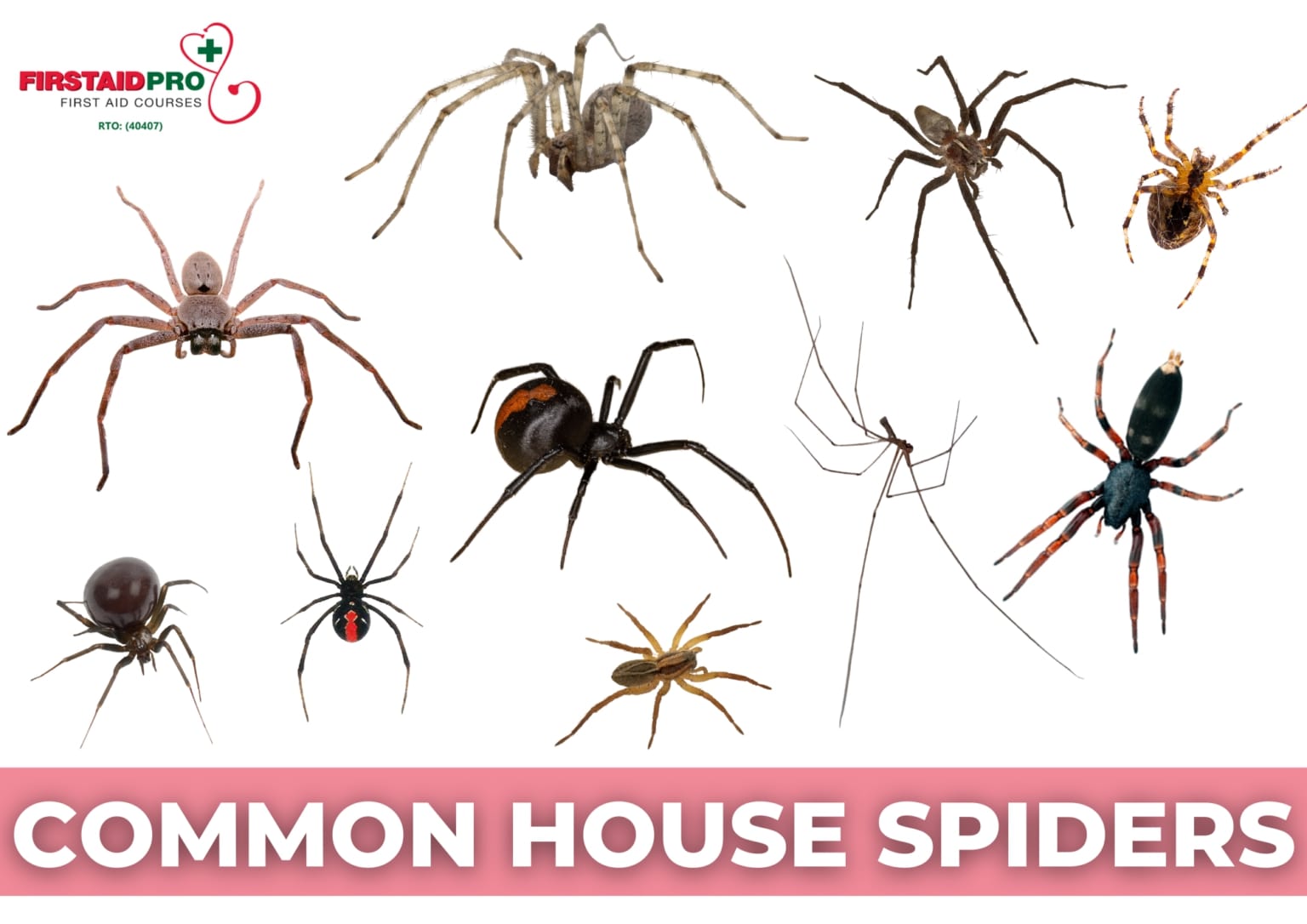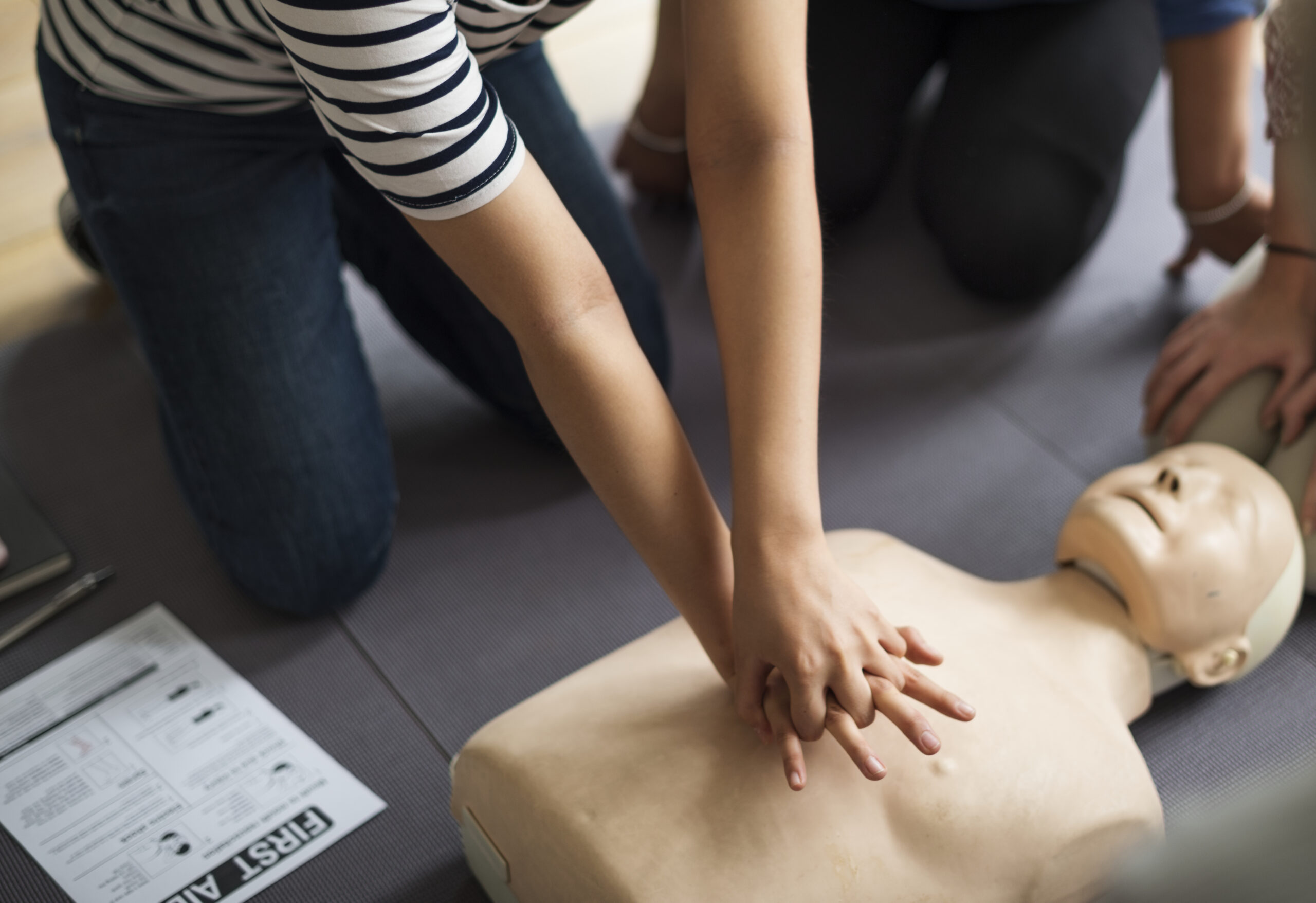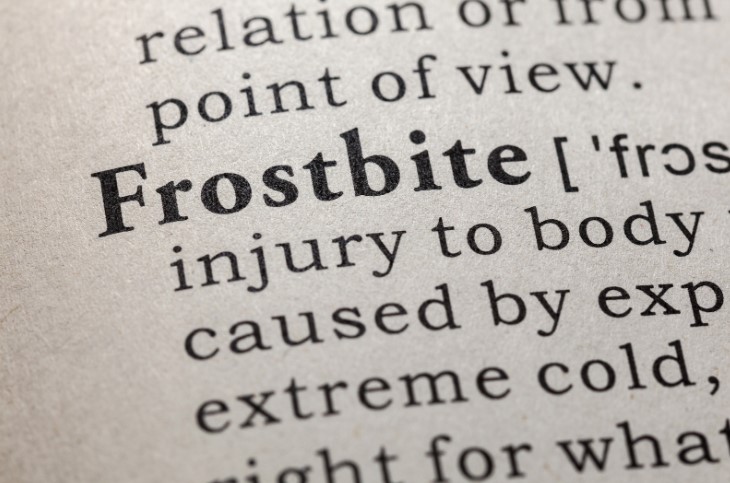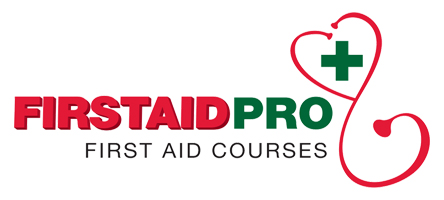Having the right first aid skills is a vital part of caring for people with cancer. It is essential to have the proper training, knowledge, and skills to help patients in emergencies.
Here’s a guide on what you need to know about this condition.
What Is Cancer?
Cancer is a broad term that describes a disease in which cells starts to grow uncontrollably. Abnormal cells divide without control, invading other tissues and spreading to other parts of the body through the blood and lymph systems. Cancer is not just one disease but one of a group of more than 100 diseases.
Without early diagnosis and care, cancer symptoms can disrupt one’s physical and mental wellbeing. It can also result in tumours and other side effects from treatment. These include painful procedures, difficulty in decision making, and later results.
Causes
Several factors can cause cancer, and some of them are preventable. For example, around 16,610 cancer cases occur in Australia every year from cigarette smoking.
In addition to smoking, other common risk factors for cancer include:
- Alcohol abuse or excessive alcohol consumption
- Physical inactivity
- Obesity or excess body weight
- Poor nutrition
At present, old age is the most significant unpreventable risk factor for cancer. According to Cancer Australia, 2 in 5 people will be diagnosed with cancer after reaching 85.
Genetic factors also contribute to the development of cancer. The genetic code dictates when the cells will divide and expire. Changes in genes structure may lead to faulty instructions, resulting in cancer.
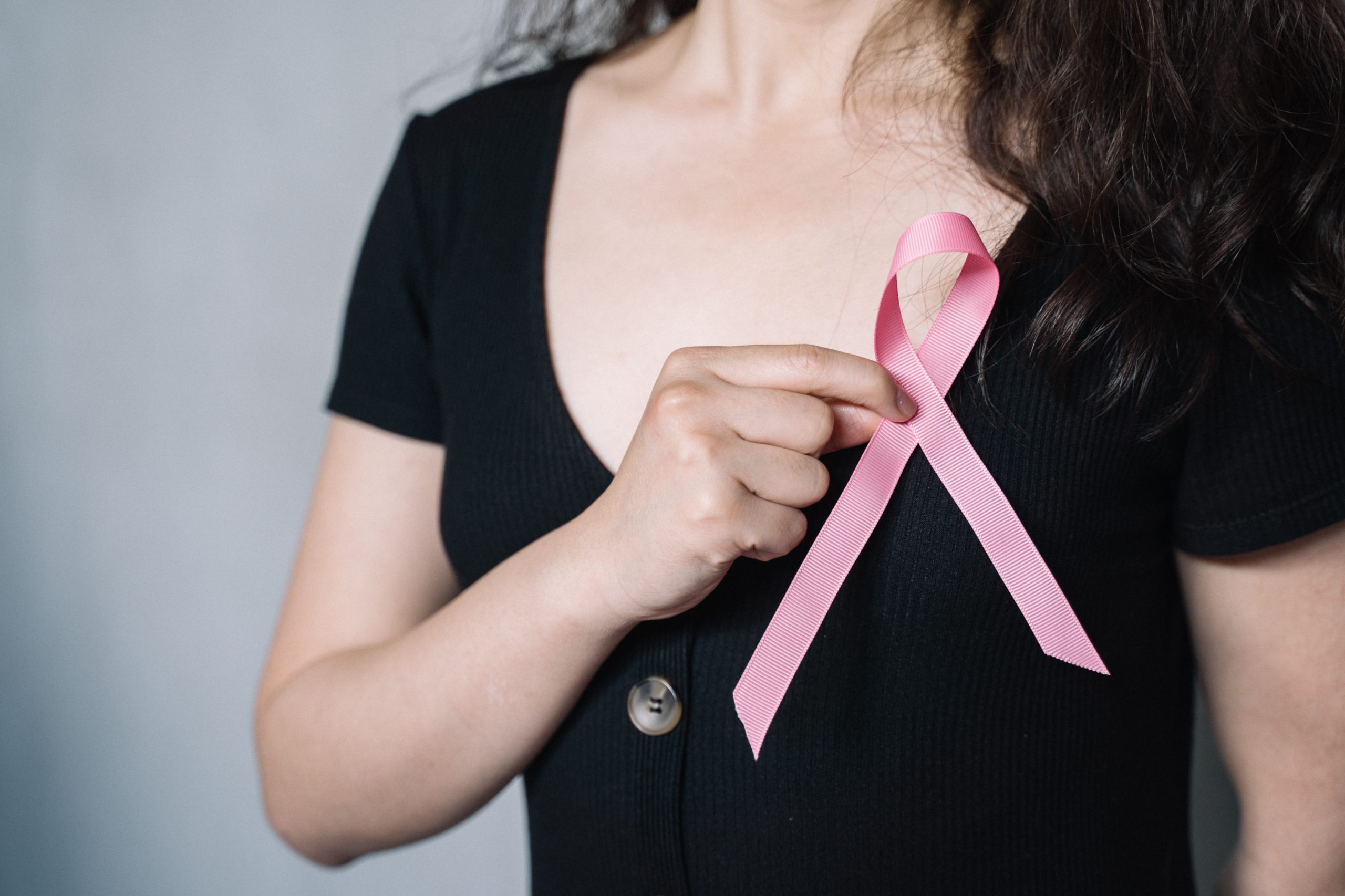
3 Essential First Aid Tips For Cancer
Being trained in providing first aid is essential to be prepared and ready to act in emergencies. These include administering CPR, recognizing common signs of infection, and providing emotional care for those struggling with cancer.
1. Administering CPR
Chemotherapy, which is a known treatment for cancer, has its side effects. This treatment can damage the healthy cells in the body, including those surrounding the heart. It can result in cardiac problems and conditions like arrhythmia (abnormal heart rhythm), angina (chest pain), and cardiomyopathy.
The cancer patient may need CPR paired up with an automatic external defibrillator (AED) in such conditions. Administering CPR and using AED can restart the person’s heart and restore the heart’s natural rhythm.
First aid training is essential for anyone with cancer or knows someone who does.
2. Preventing Infection
Cancer and its treatment can weaken the immune system, increasing a person’s risk of infection. Cancer patients also have a low count of white blood cells. It further reduces the chances of fighting the disease.
Common symptoms of infection include fever, sore throat, abdominal pain, and chills. When this happens, check the person’s temperature using a thermometer. Give them plenty of fluids and make sure that they take medication on time.
If symptoms worsen or feel something is not “right,” take the person to the nearest ER.
3. Emotional first Aid
People with cancer experience a high level of mental or psychological distress. The symptoms usually meet the strict criteria to diagnose mental disorders, including depression or anxiety.
As such, emotional first aid is an essential part when caring for people with cancer and their emotional health. Common symptoms of mental disorders are chest pain, hyperventilation, and difficulty breathing. Other symptoms can also manifest in irritability, low mood, insomnia, and having suicidal thoughts.
It is essential to learn mental health first aid intervention and deep breathing techniques to help cancer patients. An MHFA course allows you to recognize signs and symptoms of common mental disorders. It also covers how to provide support and treatment if necessary.
Key Takeaway
People living with cancer can experience both physical and emotional symptoms that require First Aid. Caregivers and other people caring for cancer patients should take first aid classes and secure a first aid certification.
A First Aid Certificate proves that you have the skills and knowledge in attending a wide range of emergencies.
